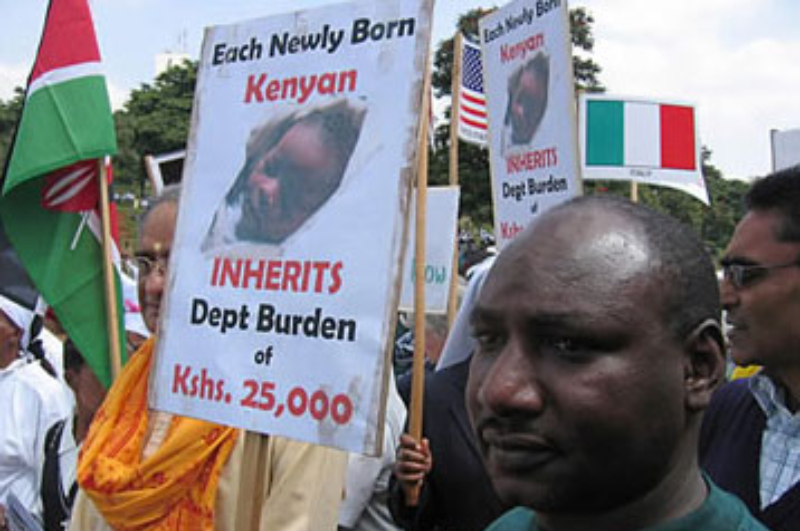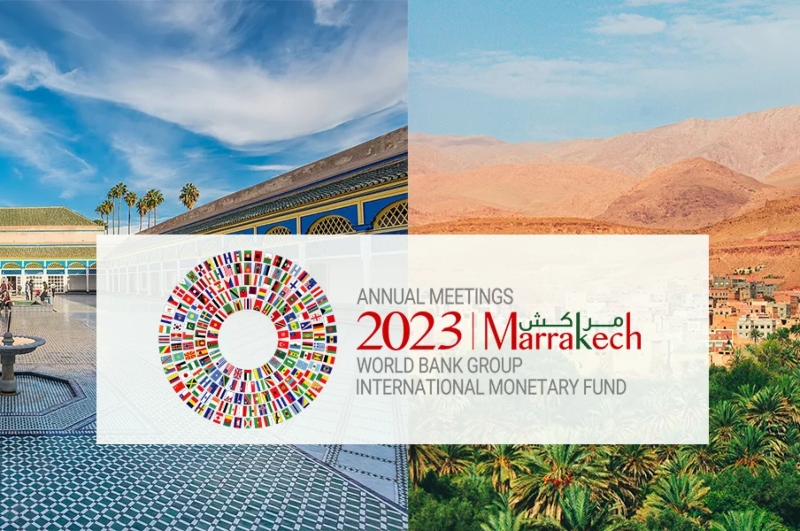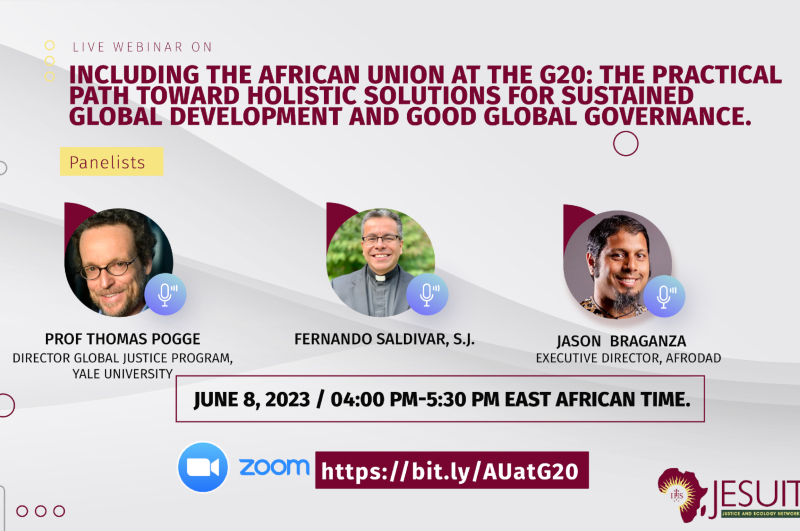

The G20 is the main multilateral platform for global economic and financial cooperation, representing over 80% of the global economy.
The group's discussions and decisions have far-reaching impacts on the international community, including Africa. In recognition of this, the G20 invited the African Union (AU) to attend its yearly summit in 2010. Seven years later, the G20 Compact with Africa (CWA) was launched, recognizing the need for deeper engagement with specific African countries. The call for AU membership in the G20 recognizes that South Africa, the G20's only African member, cannot effectively represent the continent as a whole due to its size and complexity.
Africa's economic and political realities mean that the AU should not just be invited to observe or be listened to carefully when requested to speak. It has credentials for full membership and full decision-making powers. The G20 needs African countries as they are major suppliers of critical raw materials globally, which are required in all sorts of technologies sold and consumed globally, generating profits and productivity increases. For example, Guinea supplies 64% of the EU's bauxite imports, the Democratic Republic of Congo supplies 68% of cobalt and 36% of tantalum, and South Africa supplies 71% of platinum.
The AU has already made significant contributions to the G20's agenda, such as making the case for the safe release of all grain from Russian and Ukrainian ports following sanctions, which will flow to Asian and Middle Eastern countries. Additionally, African experience and innovation can inform crucial G20 agenda items, such as digital payments. AfrEximBank has been working with the AU on launching the world's most complex cross-border payment scheme involving 42 currencies since at least 2018. Kenya was also the first country in the world to launch contactless domestic payments with its M-Pesa scheme.
Furthermore, Africa's climate actions over the next 20 to 40 years will have significant impacts on locations from Amsterdam to Shanghai. The AU has been taking steps to address climate change, and its expertise in this area can be valuable to the G20's efforts to mitigate the impacts of climate change.
Including the African Union in the G20 would not only ensure proper representation of the international community but would also lead to holistic solutions for sustained global development and good global governance. The AU has much to offer in terms of expertise, innovation, and resources, and its inclusion in the G20 would benefit both the African continent and the global community as a whole.
Webinar Objective
The objective of this webinar is to discuss the benefits of including the African Union in the G20, highlight Africa's contributions to the G20's agenda, and explore ways to deepen the G20's engagement with the continent. The webinar will bring together experts and stakeholders from the African Union, G20 member countries, and other relevant organizations to share their insights and perspectives. The webinar will also provide an opportunity for participants to ask questions and engage in discussions.
Topics of Discussion
1. The importance of including the African Union in the G20 for holistic solutions to global economic, social, and environmental challenges.
2. The role of the G20 in addressing Africa's development needs and how the AU's inclusion can strengthen this role.
3. The benefits of full AU membership in the G20, including decision-making powers and greater representation of the African continent's interests.
4. The potential impact of the AU's inclusion on global governance and the promotion of international cooperation and solidarity.
5. The challenges and opportunities in deepening the G20's engagement with Africa, and the role of the AU in this process.
Expected Outcome
The webinar aims to raise awareness and generate constructive discussions on the importance of including the African Union in the G20 for sustained global development and good global governance. It will also provide insights into the potential benefits, challenges, and opportunities of this inclusion and highlight the role of the AU in deepening the G20's engagement with Africa. The webinar will contribute to building a consensus on the need for greater African representation in global governance structures and promote international cooperation and solidarity.
The time for the webinar has been posted below for easier navigation;
Date: Thursday, 8th June, 2023
Time: 4 PM- 5:30 PM Nairobi Time (EAT)
Host: Jesuit Justice and Ecology Network Africa (JENA)
In case of any inquiry on the event, participants can reach the following focal person from JENA office:
Kevin Ouko
Research and Policy Analyst – Rethinking Africa Development
Jesuit Justice and Ecology Network Africa (JENA)
Email: jeopolicyanalyst@jesuits.africa
Related Articles
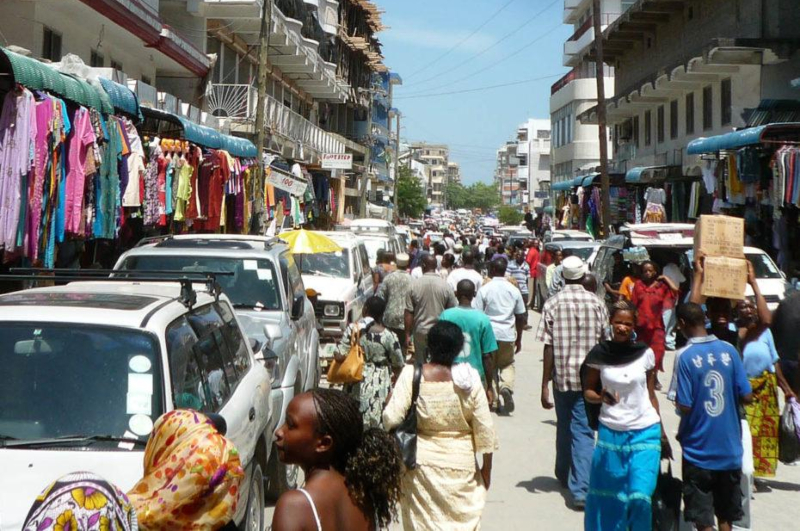
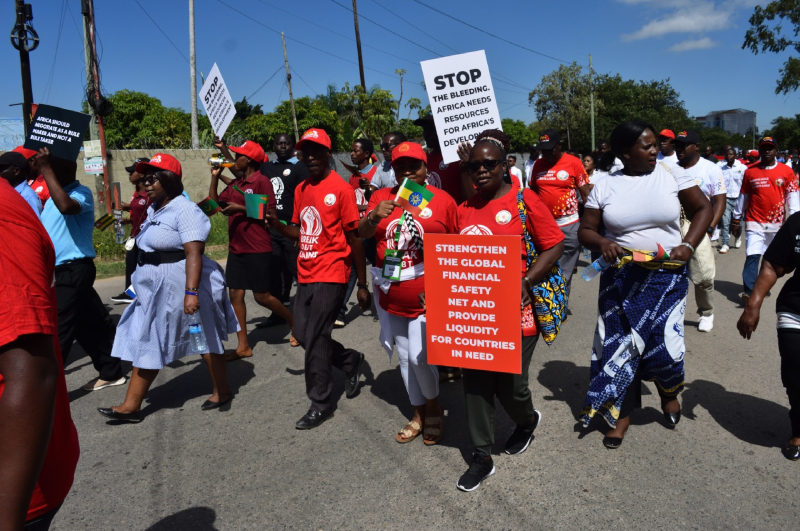
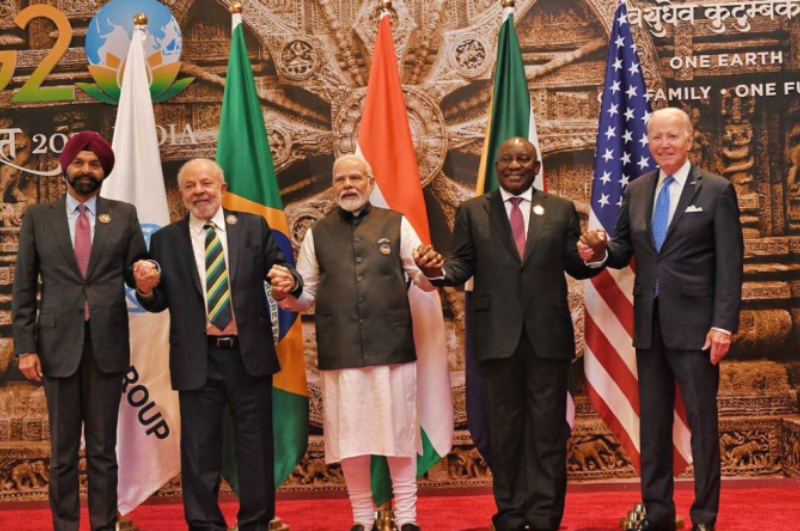
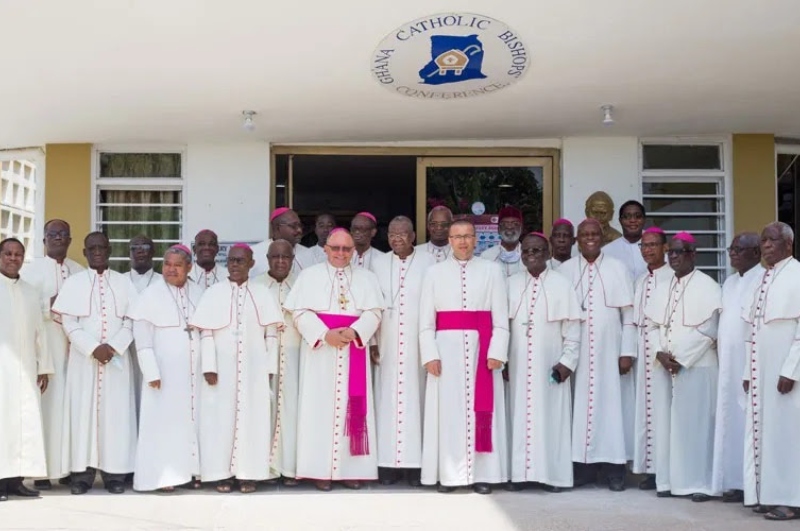
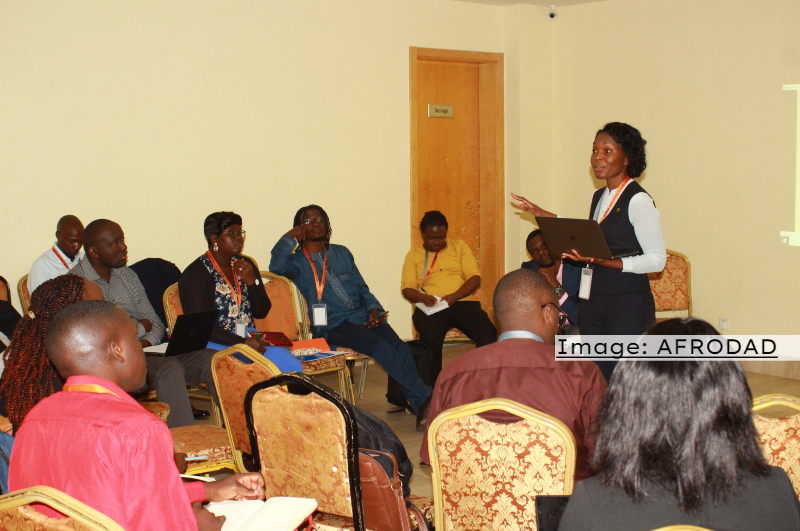
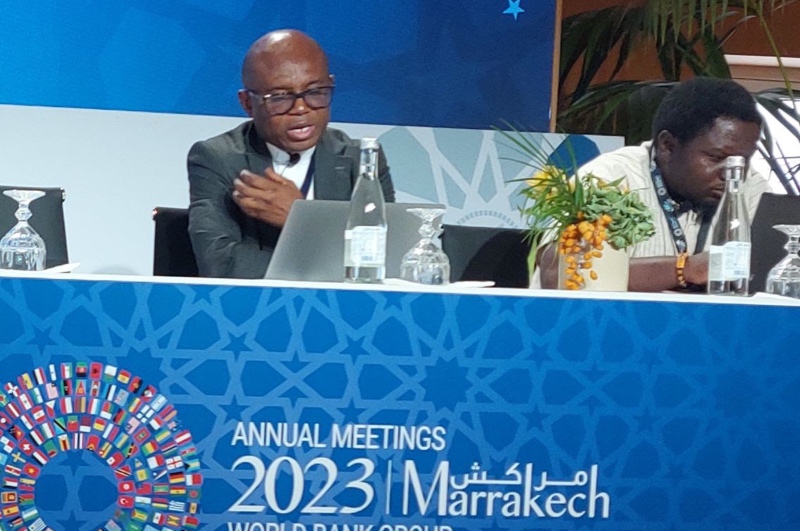
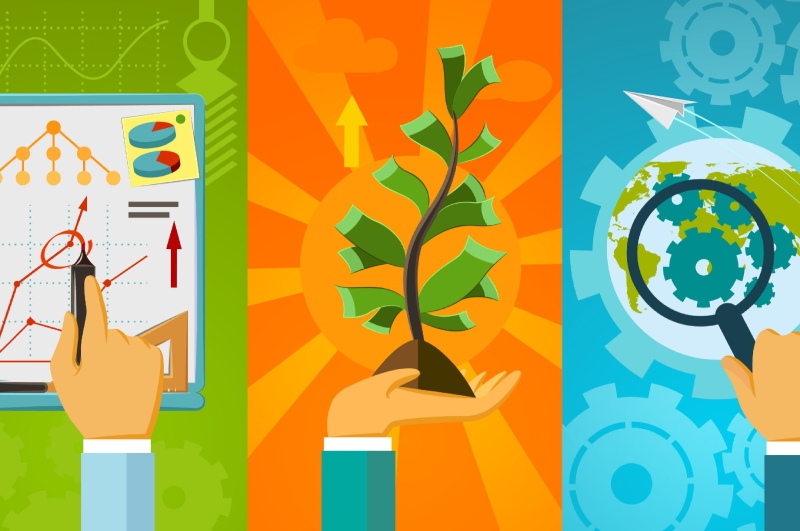
Select Payment Method
Pay by bank transfer
If you wish to make a donation by direct bank transfer please contact Fr Paul Hamill SJ treasurer@jesuits.africa. Fr Paul will get in touch with you about the best method of transfer for you and share account details with you. Donations can be one-off gifts or of any frequency; for example, you might wish to become a regular monthly donor of small amounts; that sort of reliable income can allow for very welcome forward planning in the development of the Society’s works in Africa and Madagascar.
Often it is easier to send a donation to an office within your own country and Fr Paul can advise on how that might be done. In some countries this kind of giving can also be recognised for tax relief and the necessary receipts will be issued.


